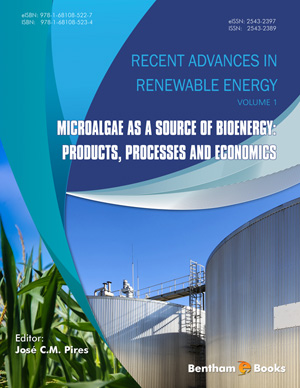Abstract
Biodiesel from palm (Arecaceae) oil, is a fuel that can be useful in
compression start motors and, further, in diesel-based motors without any mechanical
modification. It is an effective and promising feedstock to produce biodiesel for
advanced generations. It also contains different phytonutrients that can be isolated
earlier for biodiesel generation. So far, Arecaceae biodiesel transformation using the
catalytic pathway has been well investigated. Among these catalysts, homogeneous
base catalysts are the most commonly used, even though they face serious issues when
FFA (Free Fatty Acid) content becomes high as observed in the case of CPO (Crude
Palm Oil). The alternative tactic to produce Arecaceae biodiesel eco-friendly is using
advanced catalysts such as heterogeneous (acid and base), enzymatic, and supercritical
processes. However, these strategies have never been promptly accessible at the
industrial site as the catalysts get deactivated easily, and thus such strategies demand
extra high efforts. This chapter reviews the generation of biodiesel from Arecaceae oil,
offering an eco-friendly pathway.
Keywords: Arecaceae oil, Biodiesel, Crude Palm Oil, Free Fatty Acid, Transesterification.


















